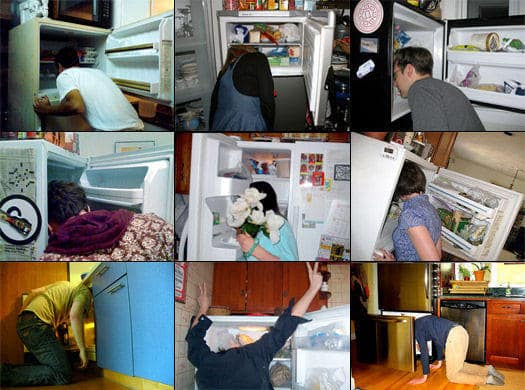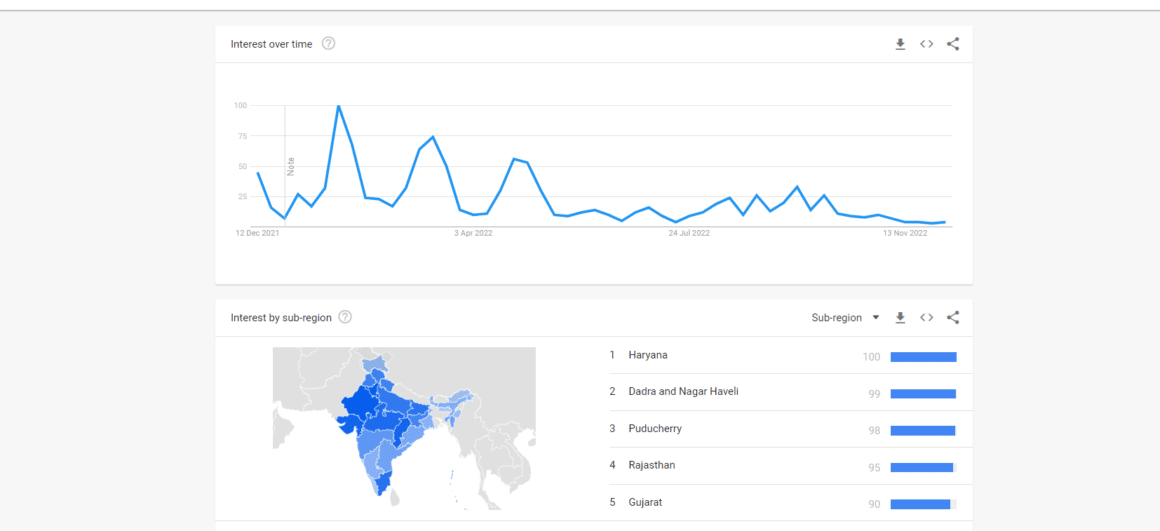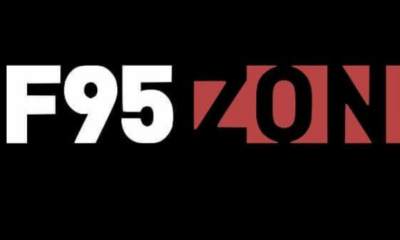
"Though this is madness, yet there is the method in it." - William Shakespeare's Hamlet, Act 2
– 241542903 – (also known as “Heads in Freezers”) is a numerical keyword related to a photo meme in which people freeze their heads and share the photos online.
A high level of search engine optimization can be readily obtained by marking a sequence of image files with a cryptic number. As a result, searching for “241543903” in image search engines like Google Images gets pages upon pages of images of people’s heads in freezers.
Origin of This MEME
Horvitz later explained in a December 2010 interview with Urlesque 5 that he came up with the notion after recommending to his sick friend Mylinh that she try sticking her head in a freezer.
The number “241543903” is derived from a combination of his refrigerator’s serial number and the barcodes on a bag of edamame and a box of frozen soba noodles kept in the freezer.
“241543903” soon became an international sensation after becoming a popular Flickr tag, with large followings in Japan and Brazil.
Horvitz shared credit for the film’s international success with a Brazilian acquaintance in an interview with Urlesque.
Horvitz’s acquaintance supposedly circulated the remarks after returning to Brazil after a vacation to New York in April 2009 by posting the original instructions and passing them on to local adolescents on the streets.
241543903, 241542903 Google images
David Horvitz, a New York-based artist, uploaded a photo of his head in the freezer on April 6, 2009, via his Flickr account SanPedroGlueSticks. A few days later, on April 10, 2009, the same numeric sequence of “24154390303” was posted to his Flickr account SanPedroGlueSticks. It provided the following instructions for readers:
Become popular in Other countries
“241543903”, a Flickr tag, quickly became a hugely popular one with large followings in Japan as well as Brazil. Interview with Urlesque: Horvitz shares the credit for the international success of “241543903” with his Brazilian friend. He posted the instructions on Flickr and passed them along to local youths.
December 2010 saw the highest popularity for 24154390303 when the same instruction was posted via Tumblr. This post received over 2,000 likes, reblogs, and more than 430 reblogs in just a few days.
241543903 Videos
On YouTube, there is a growing collection of short videos depicting people with their heads placed in the freezers, many of which have been featured on 241543903.com.
Google Trends Last 12 Months

What is 241543903 in Google?
241543903 is a numerical code that gained popularity as an internet meme in 2009. The meme involved people taking a picture of themselves with their head inside a freezer, and then tagging the picture with the code 241543903 when they uploaded it to the internet.
This resulted in a large collection of pictures of people with their heads inside freezers, all tagged with the same code, when searched on Google images.
The meme was a playful way to create a viral sensation and to demonstrate the power of social media and search engines in generating trends and shared experiences online.
What does 241543903 mean?
241543903 is a viral internet meme that originated on the image-sharing platform, Flickr. It involves taking a picture of oneself with their head inside a freezer and then tagging it with the code “241543903.” The meme gained popularity on social media platforms like Twitter and Tumblr, with users sharing their own photos and encouraging others to participate.
The origin of the code “241543903” is unclear, but it is thought to have been chosen simply because it was a random set of numbers that the creator of the meme came up with. The idea behind the meme is to create a collective database of people sticking their heads inside freezers, which may seem odd or amusing to some viewers.
While the origin and meaning of the code “241543903” may not have any significance, the meme itself has become a popular internet trend and has spawned various spin-offs and variations over the years.
Who started 241543903?
The 241543903 meme was started by British artist David Horvitz in 2009. He created a website called “241543903.com” that encouraged people to take a picture of their head inside a freezer and upload it to the site with the tag “241543903.”
The purpose of the project was to create a collective visual database of people with their heads in freezers, and to see how far the meme could spread on the internet.
The project became viral and many people participated, resulting in a large collection of head-in-freezer photos under the tag “241543903.” The meme has since become a popular internet phenomenon and has been used for various purposes, including marketing campaigns and social media challenges.
Spread

On the very day of April 6th, coinciding with Horvitz’s upload of his “head in freezer” image, another fellow Flickr user known as SakeBalboa[6] shared a subsequent photograph employing the very same freezer.
Several weeks later, precisely on April 23rd, an exclusive blog solely dedicated to the curious phenomenon of “Heads in Freezer” emerged, officially taking root at the domain 241543903.com.[7] The website’s main landing page bore a striking headline: “Engaging with the Birth of a MEME.”
Fast forward to January 2010, and the virtual landscape was already adorned with countless Flickr[9] snapshots neatly categorized under the tag “241543903.” Gradually, this peculiar visual trend rippled outwards, permeating other social media bastions such as Facebook[10], Twitter[11], and even MySpace[14].
In a twist of fate, by November 2010, this meme found itself etched into the annals of history, making an appearance within the pages of Horvitz’ literary work, “Everything That Can Happen in a Day”[12], an instructional tome bearing the imprimatur of Random House.
What does 241542903 mean?
The sequence of numbers “241542903” denotes the viral meme, the head in freezers.
In Brazil and Japan

Like a digital wildfire fueled by creativity and curiosity, the enigmatic tag “241543903” erupted into a global sensation after finding its home on Flickr. Its journey from obscurity to international stardom reads like a modern-day fairytale.
This captivating phenomenon didn’t just confine itself to the boundaries of the internet; it transcended borders and captured the imaginations of individuals across the globe, especially in the far-flung lands of Japan and the vibrant heart of Brazil.
In an exclusive interview with the internet culture connoisseurs at Urlesque, the mastermind behind this tag, David Horvitz, humbly shared the credit for its meteoric rise with an unexpected ally from the captivating streets of Brazil. This was no ordinary friendship; it was a digital alliance that reshaped the way we perceive and interact with art online.
As the story goes, after one of his epic journeys to the concrete jungle of New York City in April 2009, Horvitz’s Brazilian friend returned to the lively streets of Brazil, armed not with souvenirs, but with an idea that would soon ripple through the digital landscape. This creative visionary took it upon themselves to be the herald of “241543903,” spreading the word like a modern-day town crier.
The magic lay in the simplicity of the idea: participants merely needed to take a photograph of themselves with their heads enclosed in a household freezer. These pictures, uploaded with the tag “241543903,” soon became an international language of connection, a visual secret handshake that transcended language barriers.
But the true brilliance was in the friend’s dedication to the cause. Instead of relying solely on the internet, they hit the streets, passing on the enigmatic instructions to local youths. These youths, armed with their smartphones and an infectious curiosity, transformed into the torchbearers of a digital revolution.
Thus, in a fusion of international collaboration and street-level engagement, “241543903” became more than just a tag; it became a symbol of unity and an artistic language that defied cultural boundaries. This quirky yet compelling journey from an obscure idea to a global phenomenon illustrates the power of the digital age to unite people in pursuit of the strange, the fascinating, and the extraordinary.



















